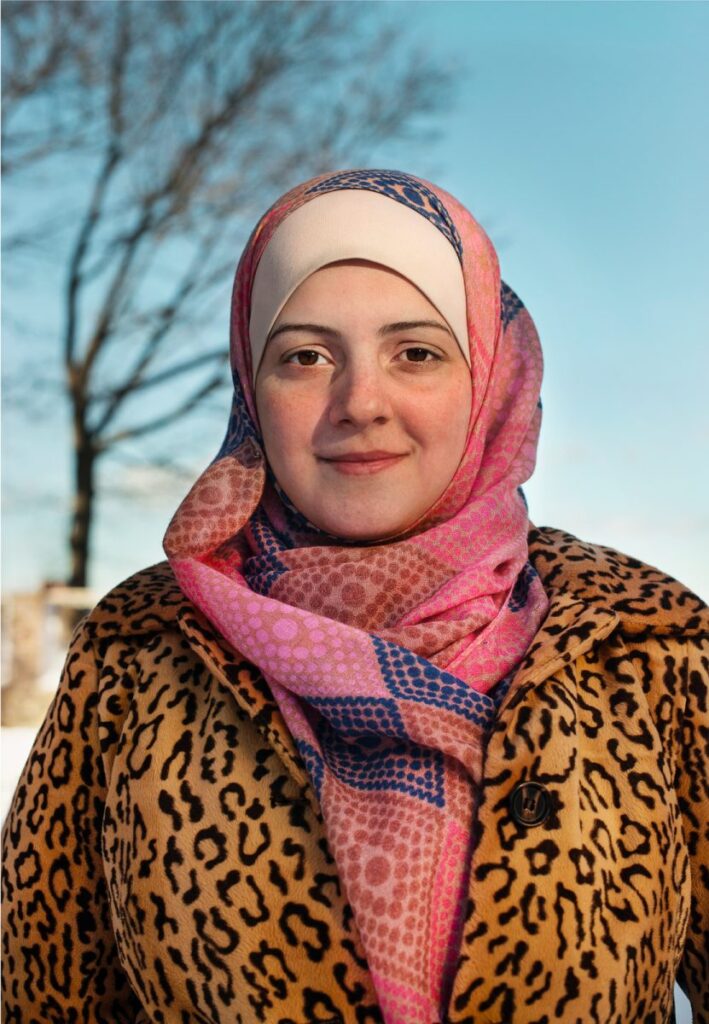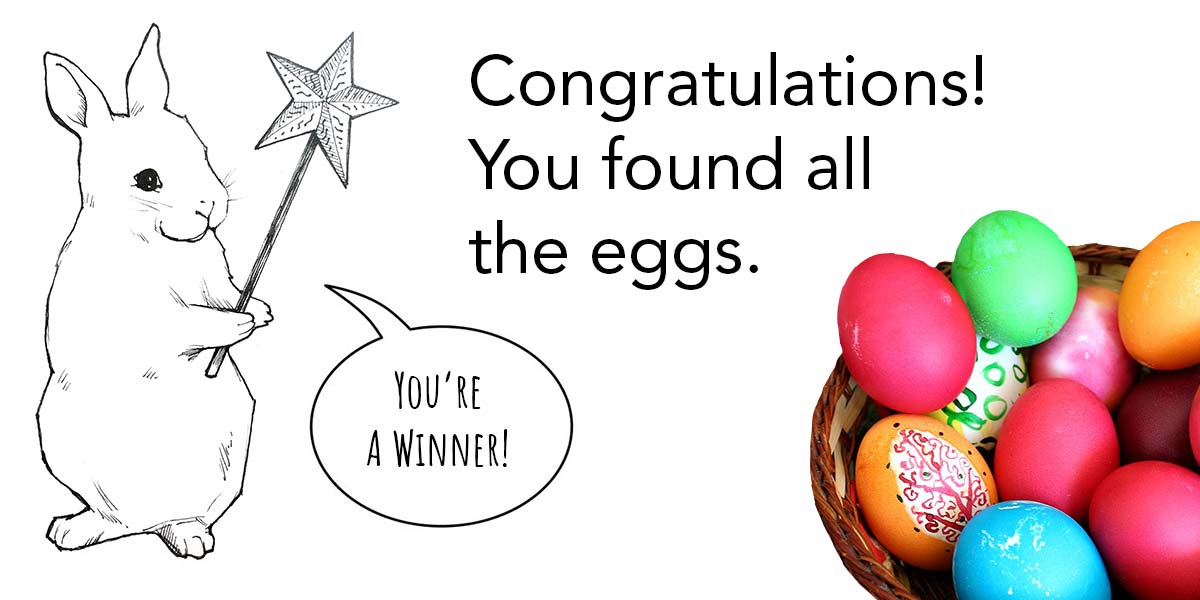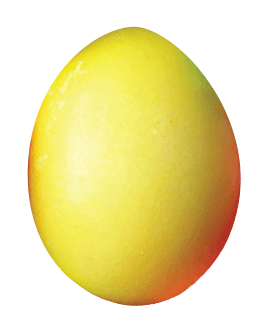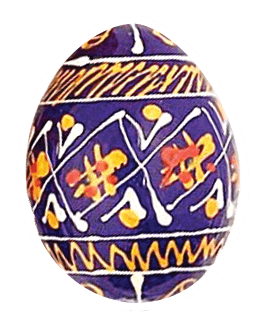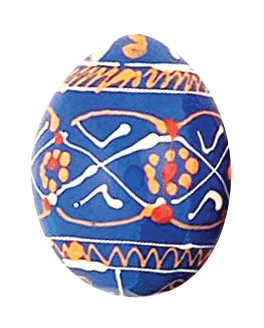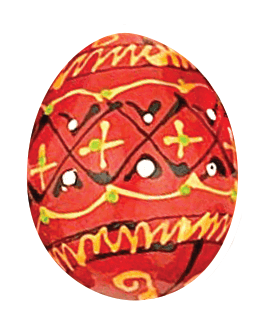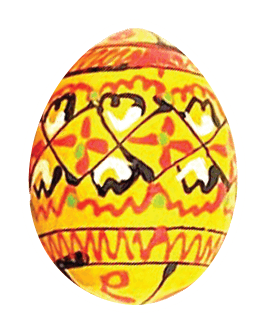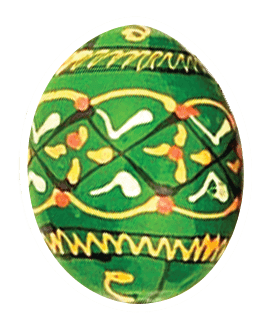What is it that I should tell you? Should I describe the way the bombs sounded, or name the friends and neighbors killed? Should I list what she packed in her meager bag as she walked away from her home, her family business, her life? Should I use the word refugee, and summon up all that that word conjures?
Here is Bidur – a photograph of Bidur. She is 27 years old. We made it on a freezing cold afternoon, outside the apartment where she now lives, in Providence. She and her family are among the eleven million – eleven million – who’ve lost their homes during six years of war in Syria. Some 18,000 of these people have made it to the United States; fewer than 200 of them have made it to Rhode Island.
When Bidur, her husband, Hussein, and their three children arrived in Rhode Island, in February of 2016, a cheerful committee met them at the airport, holding welcome signs, written in Arabic. The greeters were members of Rhode Island’s Muslim and interfaith communities, and representatives of Dorcas International Institute and the Refugee Dream Center, which settle new arrivals. Bidur says she thought she’d be safe in Providence, able to forget everything about the war. But then rats scurried through the apartment into which she and her family had moved, and a burglar broke in and stole the TV they’d been given, and Bidur started to feel afraid again.
Now in a clean, bright apartment above a restaurant, she tries not to be alone, but always to have her husband or children with her. She looks forward to the summer, when her windows will be open and she’ll be able to enjoy the sounds of the diners on the restaurant patio below, laughing and singing and playing music.
I want you to know that when a visitor arrives at Bidur’s apartment, her children approach the door, pointing their chins upward to kiss the stranger’s cheek. Bidur and Hussein do the same, and then she disappears, returning with a tray of dark coffee in tiny cups, dried dates, and sweet cake dusted with pistachios and scented with rosewater. I also want you to know that her children were examined by doctors and she and Hussein answered more than 16 hours of questions – Have you ever been in prison? Have you ever owned a gun? Have you ever killed someone? … – before being allowed to enter this country.
I want to tell you that Bidur misses the electric appliances she had in Syria, that she grabs her baby and kisses him with relish, that she disagrees with at least half of what her husband says. She is feisty, funny, quick. She wants to learn English (endearingly, she sometimes says “You’re welcome” when she means “Thank you”) and wants to learn how to drive. She hopes her husband, who in Syria had a pump manufacturing and repair business, can find a job: working with electricity, heaters, air conditioning – anything. She is grateful that her children are in school. That’s it – she doesn’t want anything else, except to be safe.
Bidur laughs a lot, even when telling the worst of her story. “Because everything is bad,” she says, in Arabic, “we have to laugh. If we cry we will not change anything.”
An English-speaking friend of Bidur’s, named Baraa, is here, translating for us. Baraa is also Syrian, having arrived in Providence with her family just six months ago. Often, while we all talk, Baraa weaves her own thoughts into her translations.
With Baraa’s help, I ask Bidur why she has agreed to be photographed, to have her image publicly displayed, at such a contentious time. She says something in Arabic and holds up her hands, lacing her fingers together. Baraa translates: “We should all be able to live together – Christian, Muslim, Jew.“ Baraa then says, “If I take off my hijab, or I take off my clothes, what is the change in me? My heart is my heart. Your heart is your heart … We love Jesus. We believe in Jesus. We believe in David, and we believe in Mohammed – we believe in all the messengers.”
We discuss the fact that many Americans don’t know this about Muslims – that they honor Jesus and are not enemies of Christianity. We acknowledge that it’s a dangerous time in the United States to be wearing a hijab, to look like “the other.” We talk about the many Americans who are angry, protecting their turf – and how they are apt to confuse Islam with terrorism. We talk about ISIS.
“ISIS?” says Hussein, through Baraa. “They are crazy, like Trump. They are not Muslims. Muslims do not kill people, don’t do anything to make God angry at them.
“There are a lot of people like Trump,” Hussein continues. “A lot of things they think about Muslims – they think all of us are like ISIS, because they don’t know about us. When they see we are good people, they will respect us.”
Baraa considers his words, as she translates for him. Then she adds: “I don’t know if that will happen.”
Bidur, too, has a moment of hesitation – of worry – about putting her photograph out there. “What if someone tries to hurt my children?” she says. But then they all decide that that won’t happen, that all will be fine. They agree it will be as God wants it.
